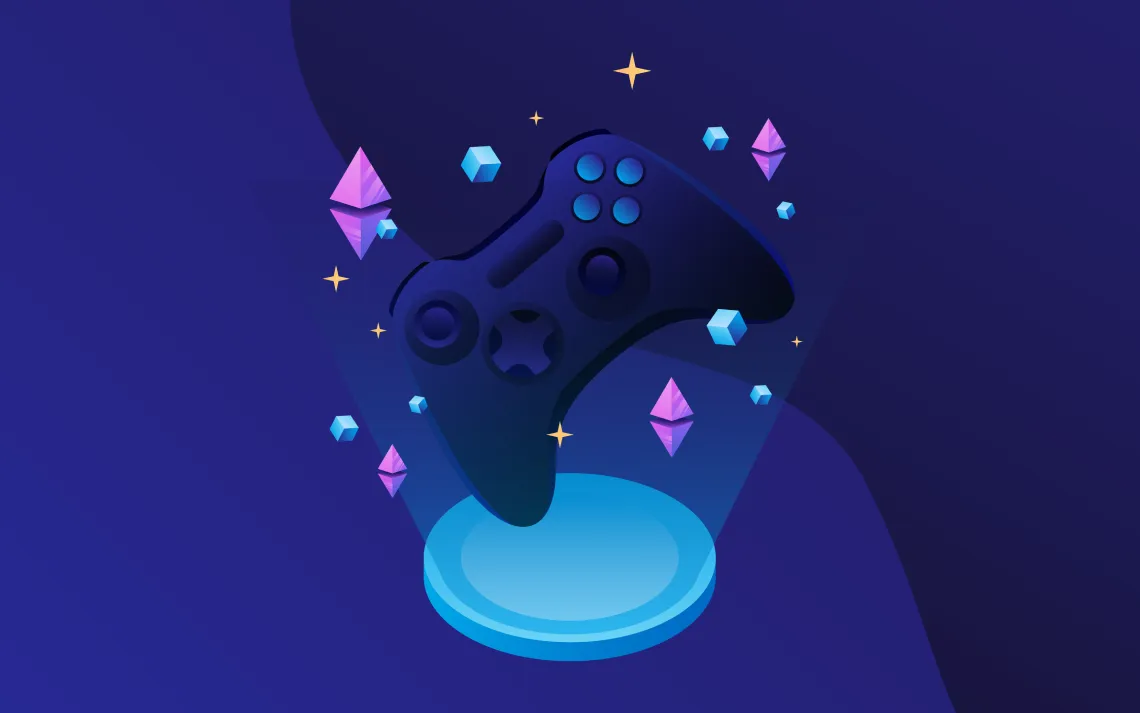As the gaming industry moves towards interconnected ecosystems and shared virtual worlds, the question of digital ownership becomes more pressing. Who will truly own these virtual spaces and who stands to benefit the most?
The answer is clear: those who build it and those who live in it – studios, game developers, and players. In this article, we will cover several notable instances where gamers lost their digital assets and explore how true ownership through blockchain technology could revolutionize gaming.

Game Controllr
Digital Ownership in Gaming
In traditional gaming, players invest countless hours and money into acquiring in-game items, but they don't truly own these digital assets. Developers and publishers maintain control, with the power to alter, restrict, or remove access to players’ digital items at any time.
Web3 gaming, however, introduces a new paradigm through blockchain technology and non-fungible tokens (NFTs). This shift grants players true ownership of their digital assets, enabling them to own, trade, sell, and gift their hard-earned items across various marketplaces. This creates a new level of engagement and investment in their favorite games.

NFT Gaming
Robbie Ferguson, co-founder and president of Immutable, highlighted the potential of web3 gaming, stating: “Everyone is still massively underestimating how big web3 gaming is going to be. Gaming goods are essentially the largest digital goods category that exists. There's $240 billion spent on video games every year, $150 billion of which are digital assets."
When players have the option to sell their items, it opens up new monetization mechanisms, secondary marketplaces, and royalties, potentially expanding the gaming industry from $150 billion to trillions of dollars.
Examples of Lost Assets
The importance of true digital ownership becomes evident through several real-life incidents where players lost their hard-earned digital assets:
Ubisoft's Might & Magic X: Legacy Server Shutdown
In June 2021, Ubisoft shut down the servers for "Might & Magic X: Legacy," blocking players from accessing purchased DLC content. This action rendered parts of the game unplayable, causing players to lose access to content they had paid for.
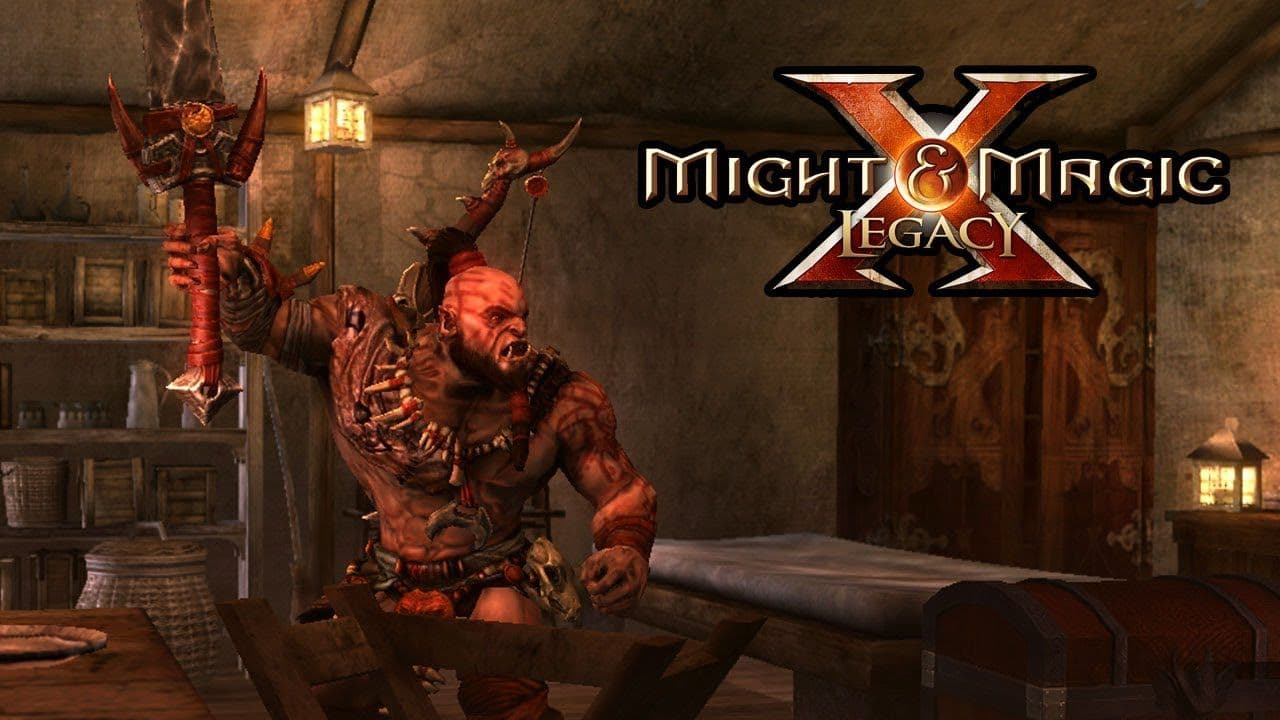
Might & Magic X: Legacy
Sony Removes Helldivers 2 from Sale in 177 Countries
"Helldivers 2" required players to sign into the PlayStation Network (PSN) in-game to continue playing. Due to server infrastructure delays, many PC gamers in regions without PSN support were locked out of the game, despite initial availability.
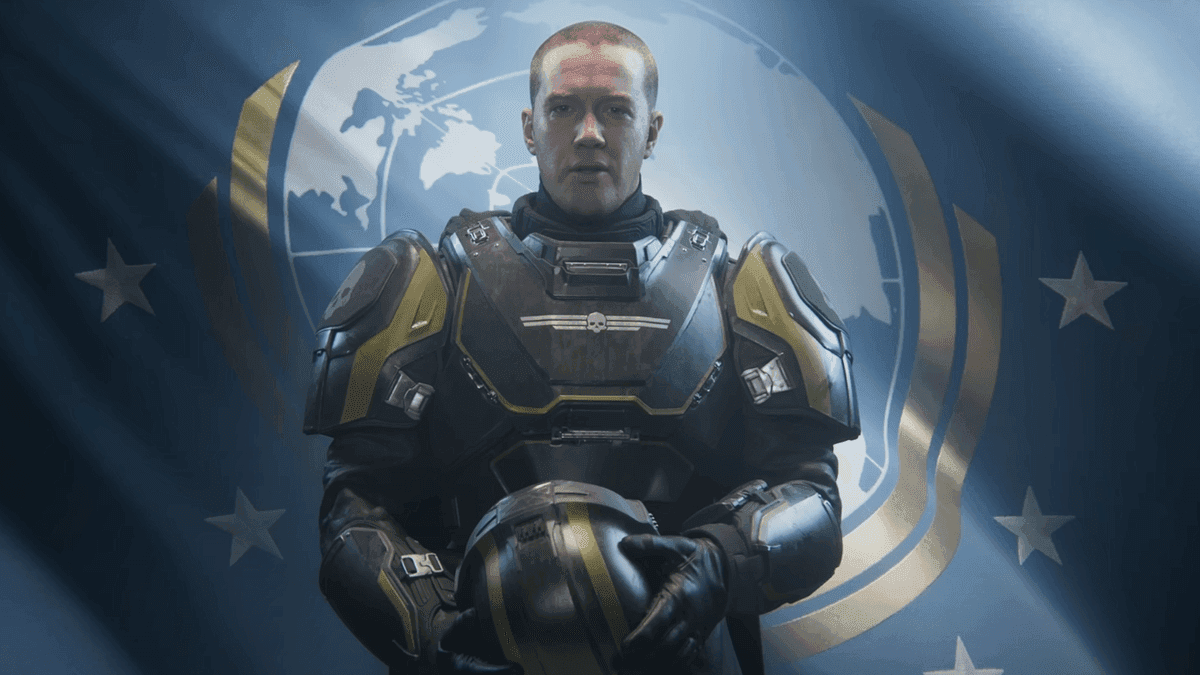
Helldivers 2
Epic Games Account Ban
Epic Games, known for Fortnite, has banned player accounts without clear reasons. In one case, a player with approximately $1000 invested in the game found their account permanently banned for alleged use of fraudulent software. Despite appeals, the player lost access to their account and all associated assets.
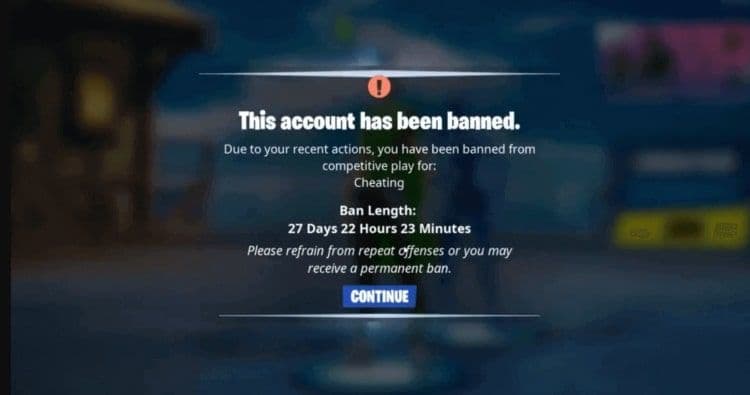
Epic Games Account Ban
Blizzard Server Shutdown in China
In January 2023, Blizzard Entertainment's licensing agreement with NetEase in China expired, leading to a shutdown of World of Warcraft (WoW) servers. Millions of Chinese players lost access to their accounts and in-game assets overnight.
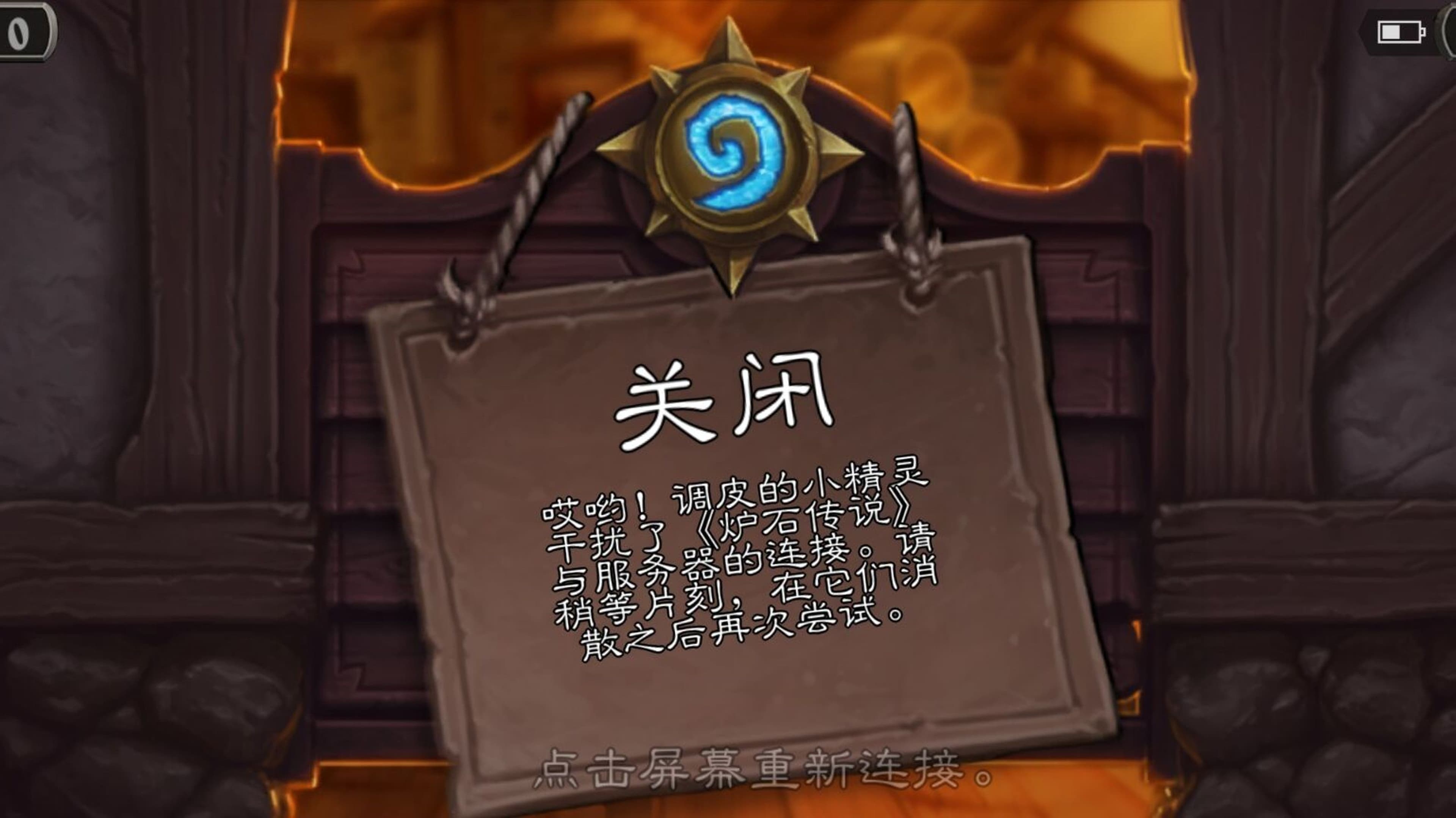
World of Warcraft (WoW) China
Vitalik Buterin's Loss of WoW Digital Assets
Vitalik Buterin, founder of Ethereum, was motivated to create the platform after Blizzard altered his favorite character's abilities in 2010. This experience highlighted the negative impact of centralized control over digital assets, driving him to develop a decentralized platform that would give users more control.
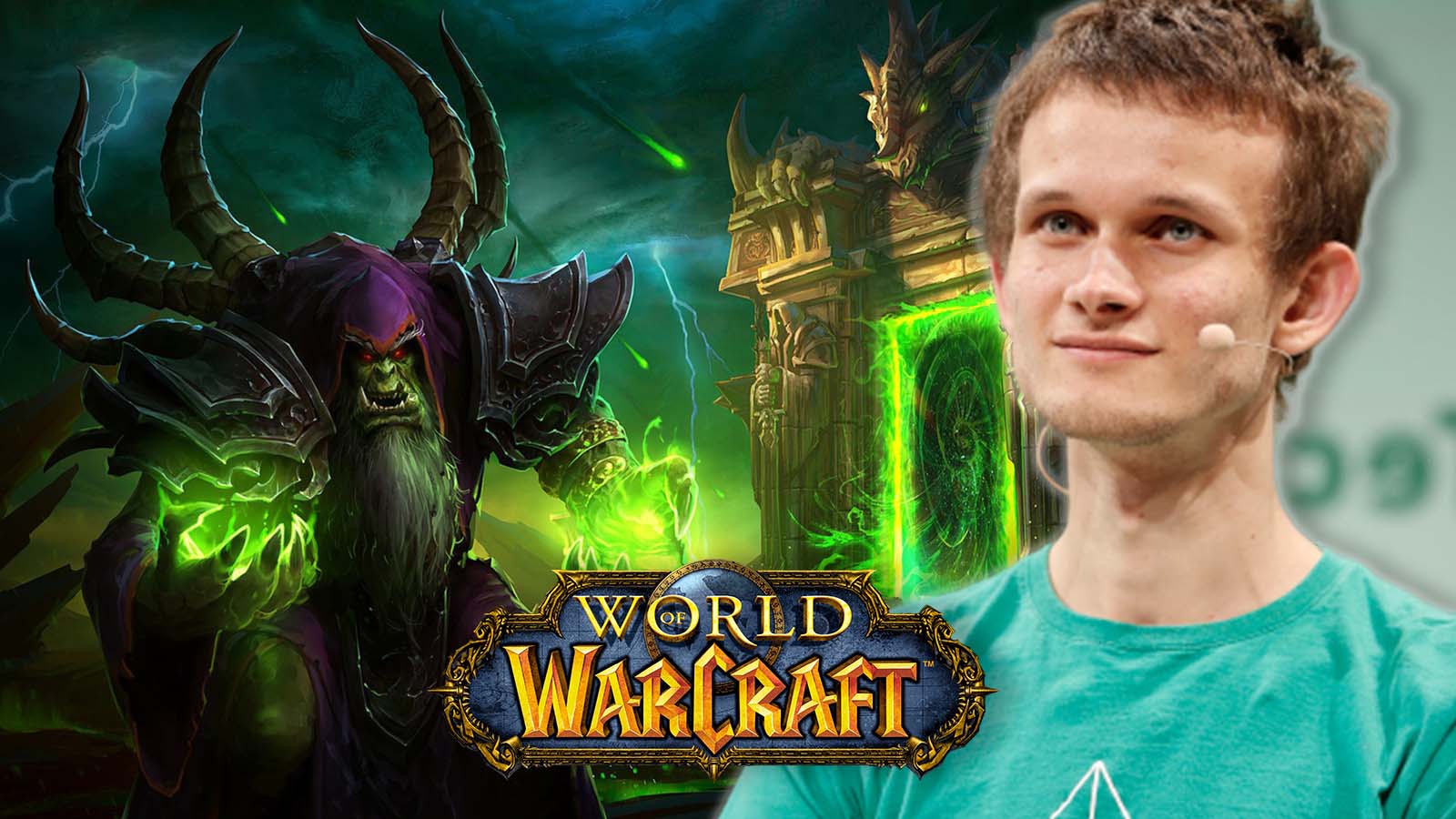
Vitalik Buterin's Loss of WoW Digital Assets
Future of Gaming is Web3
The future of gaming lies in granting players true ownership of their digital assets, fostering a more engaging and financially rewarding experience. As web3 gaming continues to grow, the industry is poised to transform, benefiting not only developers and studios but also the players who invest their time and money into these virtual worlds.
By understanding these past losses, the gaming community can better appreciate the potential of blockchain technology to protect and empower players, paving the way for a more equitable and sustainable future for gaming. This article was inspired by an original blog post, you can read the original write-up here for more information.

